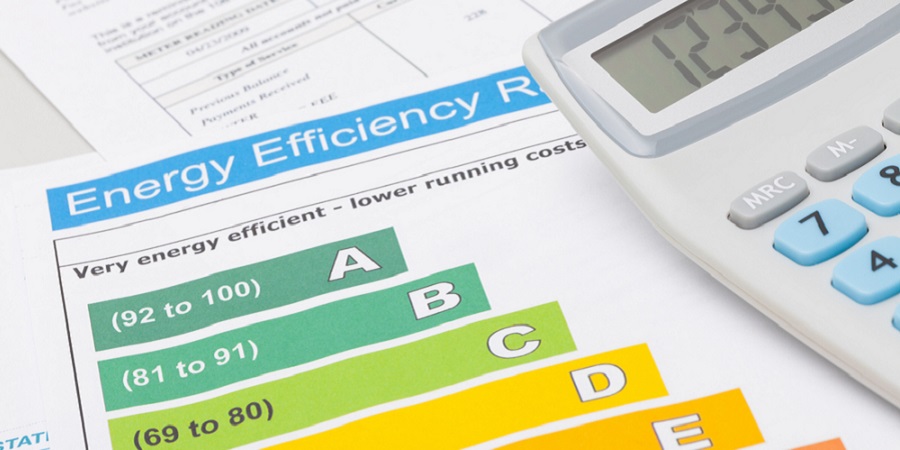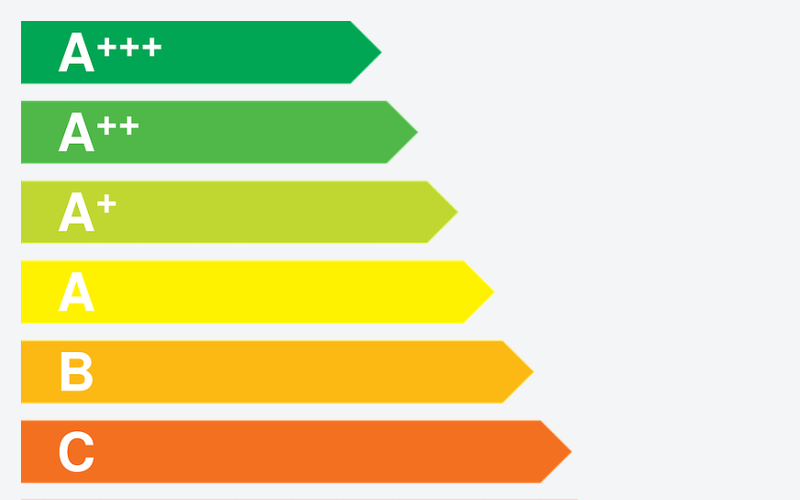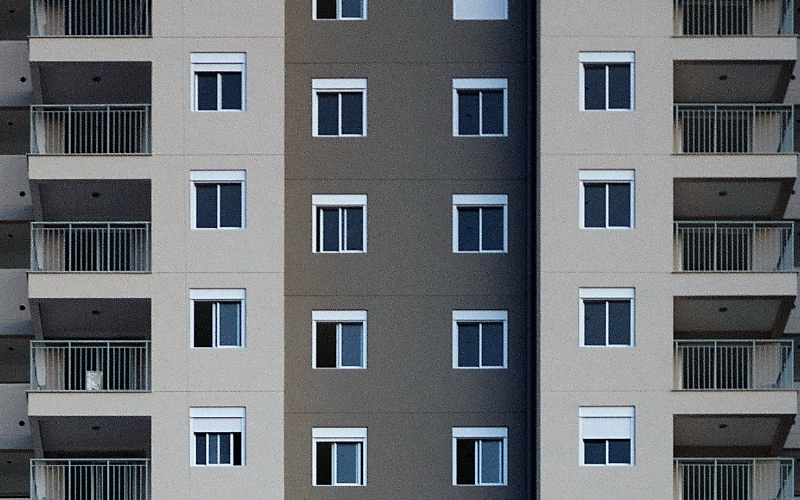Energy Bill Support – What social landlords need to do now
Energy Bill Support – What social landlords need to do now

Energy Bill Support – What social landlords need to do now
Q. What has the Government done to help with domestic energy costs?
A. Energy Prices Act came into force 1st November 2022 and requires immediate action by social landlords to ensure all their residents benefit from the Government’s energy bill support. The Government’s legislative framework to deliver the winter package of energy support consists of 4 main schemes:
• EPG – Energy Price Guarantee (cap on domestic energy prices)
• EBSS – Energy Bill Support Scheme (£400 to everyone through their electricity bill over winter 2022 to 2023)
• EBRS - Energy Bill Relief Scheme (cap on commercial energy prices)
• AFP - Alternative Fuel Payment schemes and guidance.
Q. Will residents automatically benefit?
A. Customers with a domestic electricity or gas supply will automatically benefit from the EPG. Most customers will also receive the EBSS directly through their electricity bill, including all heat network customers who have a direct electricity supply. Customers with pre-payment meters have been sent vouchers. However, for those customers who do not have a direct electricity supply (e.g., on a private wire or where electricity is included in rent), it will be paid through the ‘EBSS Alternative Payment’ mechanism, probably by the local authority (LA). Details will be confirmed after the mechanism has been tested. Customers will need to fill in a ‘few simple details’ on a Government form. The scheme is expected to open in January 2023, but actual payments will depend on LA processing timescales. The Government has been asked if landlords could apply in bulk for vulnerable customers so they do not miss out on the vouchers.
Heat networks use commercial energy (usually gas) and so those customers benefit from the EBRS rather than the domestic EPG. It is up to the heat network operator (e.g., the HA or LA) to pass through the savings on their commercial energy bills: see below. This also applies to customers with landlord energy supply (e.g., for communal lighting, lifts, and security).
This Q&A explains what landlords need to do to ensure all their residents benefit from the Government’s help with energy bills.
Q. What do landlords need to do now?
A. They need to identify and notify all the residents who are end-users of a commercial energy supply (e.g., a landlord’s supply or living on heat network / communal heating).
This is covered by the EBRS ‘pass through requirements for intermediaries’ and ‘pass through requirements for heat networks’. End users must be notified that their landlord is in receipt of the EBRS no later than 30 days after the landlord has been notified by their energy supplier of their EBRS discount: all landlords should have received this information by 15th December. BEIS have confirmed there is no need to write to each individual end user as the same information will be relevant to each end user. Instead, notices to end users could be given on their website, in a local newspaper or in a newsletter etc, or by notices displayed at the premises. The guidance gives details of what the notification must include.
The actual calculation of how much customers will receive must be included in the ‘next bill.’ For credit-billed heat network customers, this could be in the next month or quarter depending on the billing cycle. For customers paying through their service charge, this will be at the service charge reconciliation for the Winter 2022-23 period. In doing the calculation, landlords can also include the cost of working out the discount itself – the guidance states “Where a relevant intermediary uses energy to provide common services, they are entitled to include the costs of this within the calculation of what is just and reasonable to pass through to the extent that the cost of such energy is or will not be borne by the end user.”
All heat network operators should also have completed the EBRS Pass-Through Notification webform by Friday 6th January 2023, submitting their name, business address and contact details.
Q. Are their penalties for non-compliance?
A. Customer are encouraged by BEIS to complain to their heat network operator / landlord supplier if they are not informed of the pass-through or if they think the amount of pass-through is unfair: template letters are provided as part of the guidance. Heat network customers can then also escalate their complaint to the Energy Ombudsman or Consumer Council. In either case, the final resort is recovery of civil debt through the courts: should the court rule in the consumer’s favour they are entitled to the payment plus interest.
Failure to complete the EBRS Pass-Through Notification webform could result in a £5,000 penalty.
Q. What does Government want landlords to do?
A. Social landlords must ensure that:
• EBRS is passed through to heat network consumers and residents receiving a landlord energy supply, and that customers are informed in an appropriate time frame
• If they are a heat supplier, they should have completed the webform by 6th January 2023.
Q. Where can social landlords find out more?
A. The Government has published guidance on:
• Energy Prices Act 2022
• The Energy Bill Relief Scheme Pass-through Requirement (Heat Suppliers) (England and Wales and Scotland) Regulations 2022
• Pass through requirements for heat networks
• Pass-through requirements for energy price support provided to intermediaries
National Housing Federation briefing
NHMF is grateful for the assistance of Rachael Mills, Chirpy Heat in preparing this briefing.


